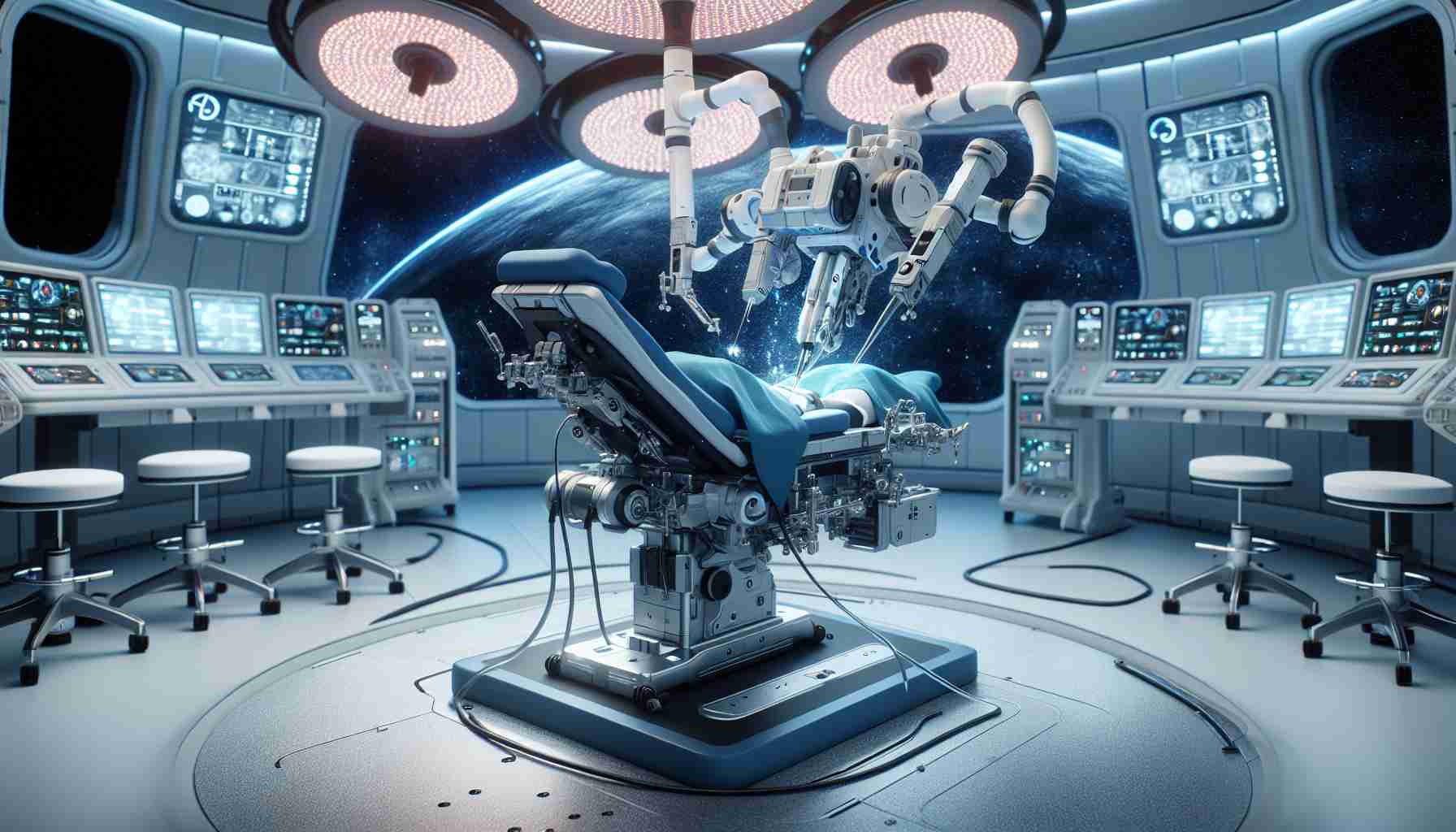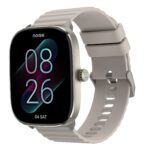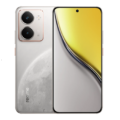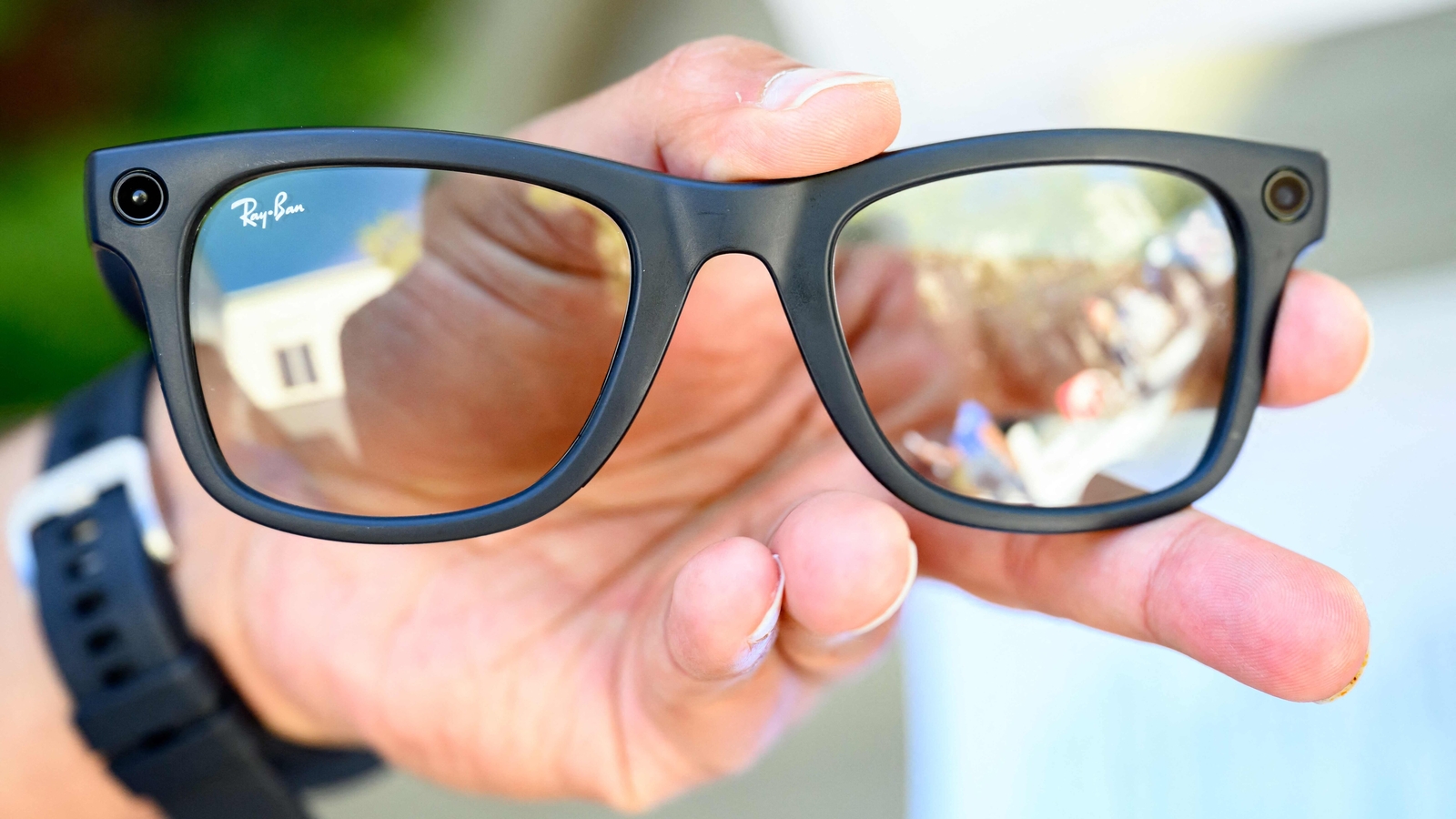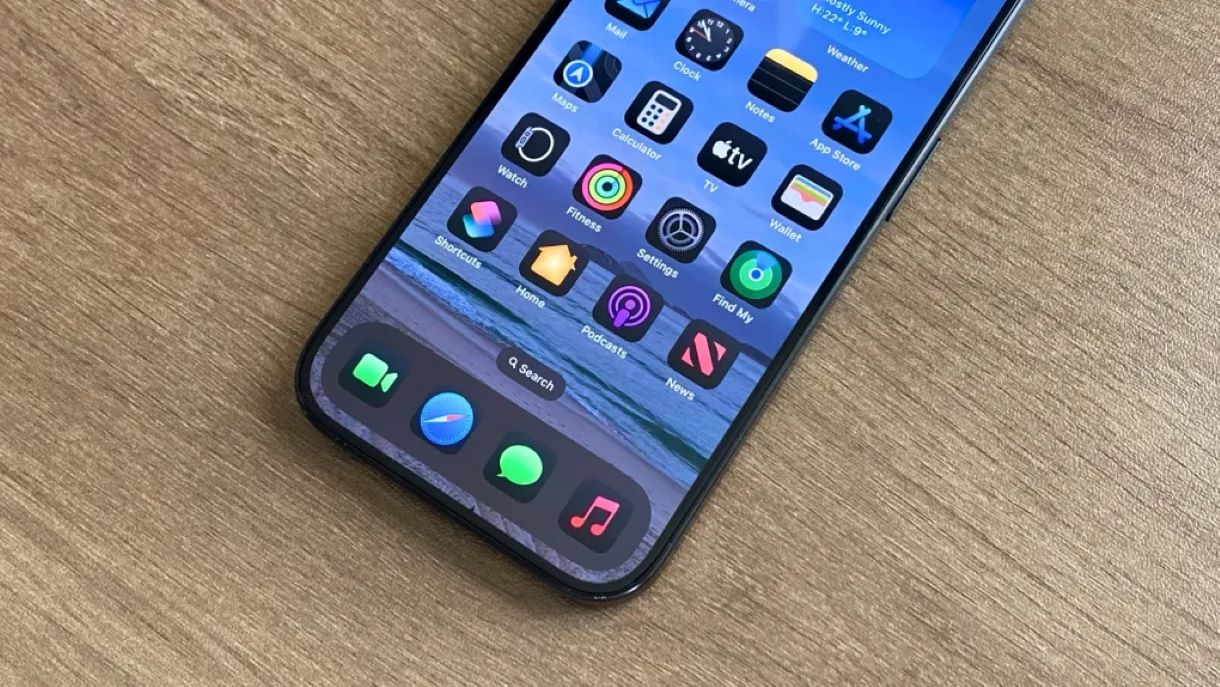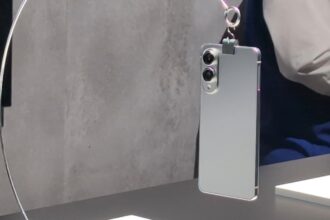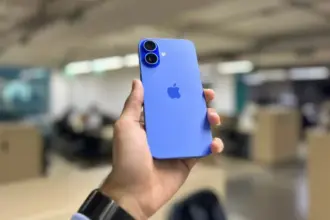In an unprecedented medical and technological feat, surgeons from Nebraska have successfully remotely controlled a surgical robot aboard the International Space Station (ISS), marking a significant milestone in the field of telemedicine and space exploration. This pioneering simulation opens new horizons for surgical interventions in space, offering a glimpse into the future of healthcare for astronauts on long-duration missions.
Key Highlights:
- Surgeons in Nebraska remotely controlled a surgical robot, known as spaceMIRA, aboard the ISS.
- The simulation involved performing surgical procedures on simulated tissue.
- This marks the first-ever remote-controlled surgical simulation conducted in space.
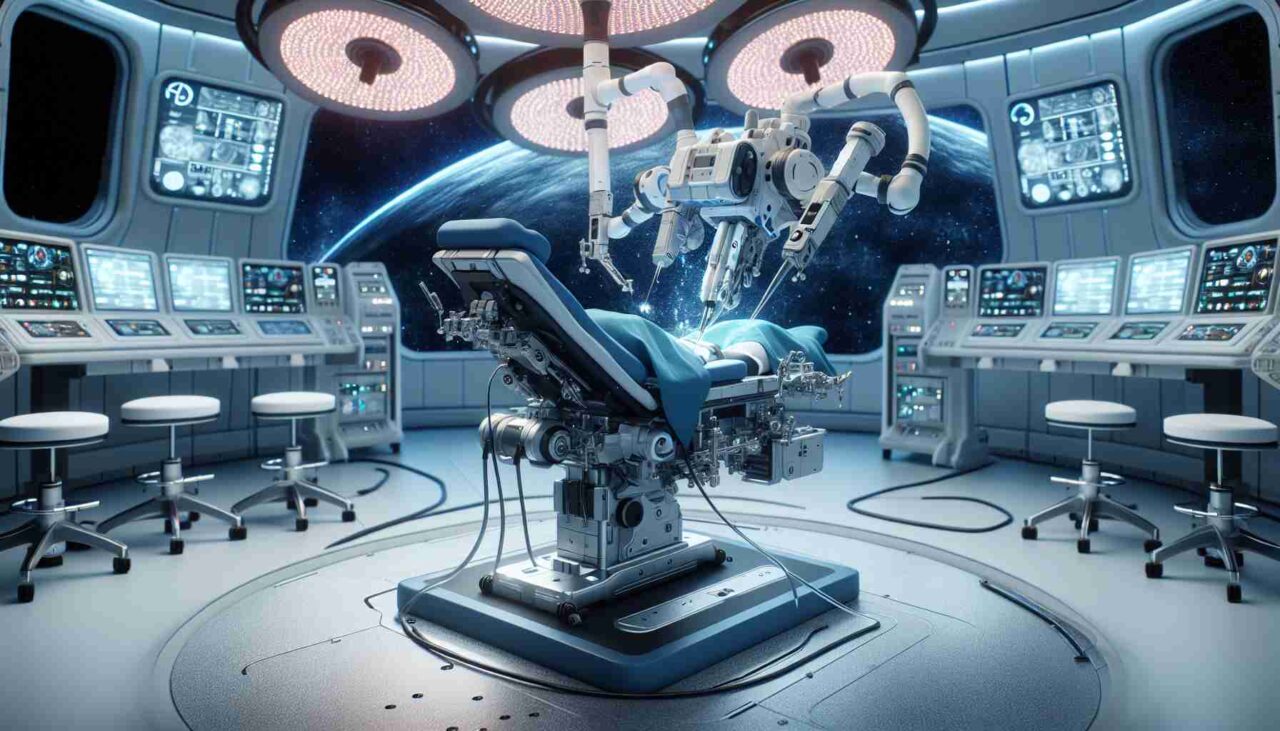
The integration of robotics and telemedicine into space missions is a critical advancement, especially as humanity eyes longer-duration missions to the Moon, Mars, and beyond. The success of this simulated surgery demonstrates the potential for remote medical interventions, which could be life-saving in environments where direct medical care is not feasible.
Throughout the operation, the spaceMIRA robot, a miniaturized surgical assistant, was controlled by the surgical team from approximately 250 miles below on Earth. This demonstration not only showcases the technical prowess required for such an endeavor but also highlights the collaborative efforts between engineers, astronauts, and medical professionals working towards enhancing crew health and safety in outer space.
The implications of this successful simulation are profound, indicating that in the event of medical emergencies during space missions, astronauts could potentially receive immediate and expert surgical care, despite the vast distances from Earth. It represents a significant step forward in ensuring the well-being of astronauts, which is paramount for the success of future deep space missions.
The successful demonstration of remote-controlled robotic surgery in space is a pivotal advancement for space exploration and telemedicine. By leveraging robotic technology, surgeons on Earth can perform delicate procedures in space, overcoming the challenges of microgravity and the remote nature of space environments. This breakthrough paves the way for enhanced astronaut healthcare during long-duration missions, reducing the risks associated with medical emergencies when immediate access to terrestrial medical facilities is impossible.
The collaboration between space agencies, medical institutions, and technology developers is essential in pushing the boundaries of what’s possible in both space exploration and medical science. As we continue to explore the cosmos, innovations like remote-controlled robotic surgery will play a crucial role in ensuring the safety and health of astronauts, further enabling humanity’s presence in space.
This expansion underscores the interdisciplinary effort and technological innovation driving this achievement, highlighting its importance for future space missions and its potential to transform healthcare on Earth.
In conclusion, the successful remote-controlled surgical simulation aboard the ISS by surgeons operating spaceMIRA from Earth is not just a technical achievement but a beacon of possibility for the future of space travel and medicine. It underscores the vital role of innovation in overcoming the challenges of providing healthcare in the most remote environments imaginable. This development promises to revolutionize the way medical care is conceptualized and delivered in space, making long-duration missions safer and more viable than ever before.

